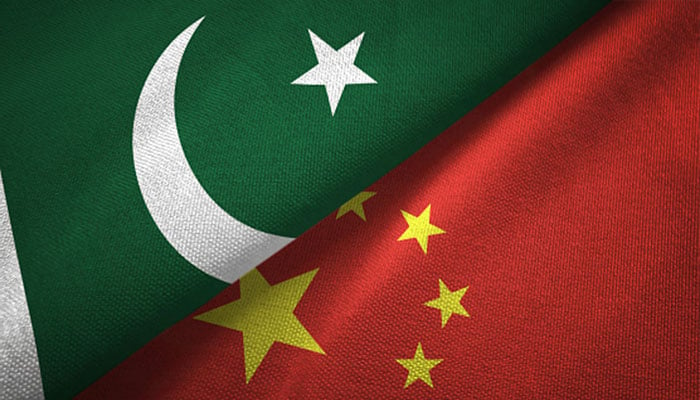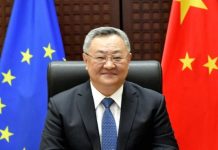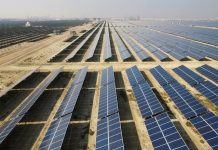By Asghar Ali Mubarak
ISLAMABAD: Federal Minister for Maritime Affairs, Qaiser Ahmad Sheikh, on Tuesday emphasized China’s economic model as a global example during a recent conference, underscoring the strengthening partnership between Pakistan and China.
Addressing the conference “China at 75: A Journey of Progress, Transformation & Global Leadership,” organized by the Pak-China Institute, Qaiser Ahmad Sheikh praised China’s economic approach, which he said surpasses Western liberal and neo-liberal models. He highlighted the Chinese economic model as an ideal for other countries, adding that Prime Minister Shehbaz Sharif is also inspired by this approach.
The minister discussed the strengthening strategic partnership between Pakistan and China, noting that the two nations consistently support each other in international fora, a reflection of their close ties. He expressed optimism about the completion of Phase II of the China-Pakistan Economic Corridor (CPEC) with China’s continued support and thanked the Chinese government for prioritizing Pakistan within South Asia.
Sheikh pledged to elevate Pakistan’s maritime sector to meet the standards of China’s port and shipping industry. He emphasized that terrorism and actions by hostile groups would not weaken the longstanding friendship between the two nations. He also assured that Pakistan’s federal government is addressing the concerns of the Chinese government and investors.
The minister reiterated the importance of CPEC for the development of Balochistan and other provinces, stressing Pakistan’s commitment to seeing all CPEC projects through to completion.
Earlier, Pakistan is advancing economic ties with China, Saudi Arabia, and Turkiye, as Federal Finance Minister Muhammad Aurangzeb held high-level discussions on the sidelines of the World Bank-IMF Annual Meetings in Washington DC.
The meetings focused on debt reprofiling, trade cooperation, and joint ventures to strengthen Pakistan’s economic prospects.
Aurangzeb revealed a “promising response” from China over Pakistan’s request to reprofile its power sector debt, a move aimed at providing the country with breathing room to lower electricity prices.
“We have just started that discussion, and the response is encouraging,” the minister told Bloomberg, while stressing the importance of continuing structural reforms.
He noted that Pakistan seeks to extend the maturity of debt for nine power plants built by Chinese companies under the China-Pakistan Economic Corridor (CPEC).
China has already rolled over $16 billion in debt from a total of $26 billion in the current fiscal year.
In addition to these negotiations, Aurangzeb met with Saudi Finance Minister Mohammed Aljadaan to discuss enhancing bilateral trade and investment in key sectors.
Both ministers emphasised the historical bonds between Pakistan and Saudi Arabia, agreeing to further cooperation in energy and other areas of mutual interest.
Aljadaan also shared insights into Saudi Arabia’s energy reforms, offering valuable lessons for Pakistan as it seeks to overhaul its energy sector.





